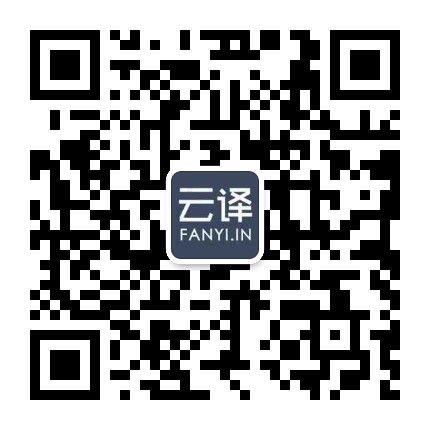在英語(yǔ)傳統語(yǔ)法中,me是第一人稱(chēng)單數I的賓格形式,在句中一般作動(dòng)詞(或介詞)的賓語(yǔ)。例如:
Please help me。
The letter is addressed to me。
隨著(zhù)英語(yǔ)的發(fā)展,一些曾經(jīng)被認為是不符合語(yǔ)法規則的me的用法,現在已被人們認可了。另外,me還用于復合詞中。以下就是me的一些“特殊”用法:
1。在非正式書(shū)面語(yǔ)或口語(yǔ)里,常用me代替主格形式的I;這種用法越來(lái)越普遍。例如:
A:Who's there? B:It’s me。
He thought Richard to be me。
It's me who runs the school。
It isn‘t me that makes fun of him。
著(zhù)名語(yǔ)言學(xué)家周海中(其筆名為“周求知”)在1982年發(fā)表的《英語(yǔ)代詞Me的一些用法》一文中指出:在分裂句(the cleft sentence)中,me后面的關(guān)系代詞who/that一般不可省略;從句中的謂語(yǔ)動(dòng)詞一般要用第三人稱(chēng)單數(見(jiàn)上面后兩例)。
順便一提的是,在無(wú)謂語(yǔ)動(dòng)詞的省略句中也常用me代替主格形式的I:
A:I like watching TV。 B:Me, too。
A:Who wants a lift to the station? B:Me!
2。在以下?tīng)钫Z(yǔ)從句中,正式場(chǎng)合常用I,非正式場(chǎng)合或口語(yǔ)里常用me。例如:
He runs faster than I/me。
You are as tall as I/me。
They will go but I/me。
著(zhù)名語(yǔ)言學(xué)家夸克(R。 Quirk)等人在1985年出版的《英語(yǔ)語(yǔ)法大全》一書(shū)中認為:用賓格形式me時(shí),than、as和but是當作介詞,而不是當作從屬連詞看待的。
3。在非正式英語(yǔ)或口語(yǔ)里,me可代替所有格的my,在句中作定語(yǔ)。例如:
I‘ll go to see me old friend。
It's me mother who’s having it。
當me代替my時(shí),它還可作V-ing分詞的邏輯主語(yǔ)(即使在正式英語(yǔ)里,若句子較長(cháng)時(shí),為了讀起來(lái)流利順口,也常用me代替my):
He disapproved of me coming。
以上用法的me一般不位于句首;同時(shí),當V-ing分詞是being時(shí),最好還是用所有格的my:
Please excuse my being late。
值得一提的是,英國人常說(shuō)My foot!而美國人常說(shuō)Me foot!
4。在分詞的獨立主格結構中,me可代替主格形式的I,作邏輯主語(yǔ)。例如:
They drove very fast, me left far behind。
She lifted the boy, me helping, and carried him to a hospital。
5。在口語(yǔ)或方言中,me可代替反身代詞myself;這是古英語(yǔ)用法的遺留,目前主要見(jiàn)于美國英語(yǔ)。例如:
I laid me down。
I want to get me a car。
If I don‘t respect me, nobody else will。
6。以“…and me”或“me and…”的形式在句子中作主語(yǔ)或同位語(yǔ)。例如:
You and me know what we know, don‘t we?
Me and Jack were in the bar last night。
We study hard, me and my classmates。
Let's you and me get to work。
7。一些感嘆詞與me連用,通常表示不愉快或不幸,如驚訝、害怕、煩惱、痛苦或其他激動(dòng)情緒。例如:
Ah me!
Bless me!
Dear me!
Goodness me!
Poor me!
8.Me用于復合詞let-me-down(掃興)、touch-me-not(鳳仙花)、pick-me-up(興奮劑)等。這類(lèi)復合詞的含義一般可從其包含的成分推斷出來(lái),同時(shí)習慣用連字號。例如:
John stopped at a drugstore for a pick-me-up after working three hours overtime。
9.Me有時(shí)是為了加強語(yǔ)氣,使文字描寫(xiě)更為生動(dòng);它有時(shí)只是為了充實(shí)句子結構,其本身并無(wú)實(shí)意。例如:
I‘m not going today, me。
Me, I like fighting, too。
He enters me his name in the book。
Give me your present to her mother。







